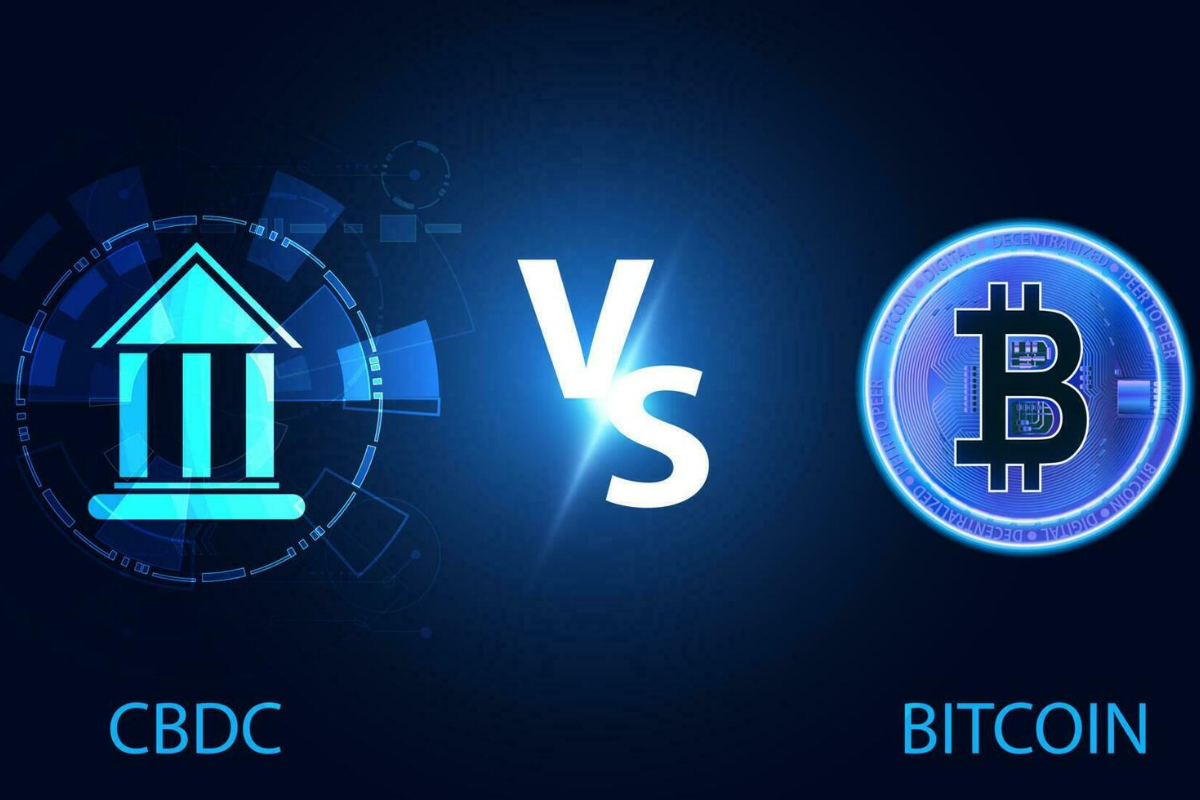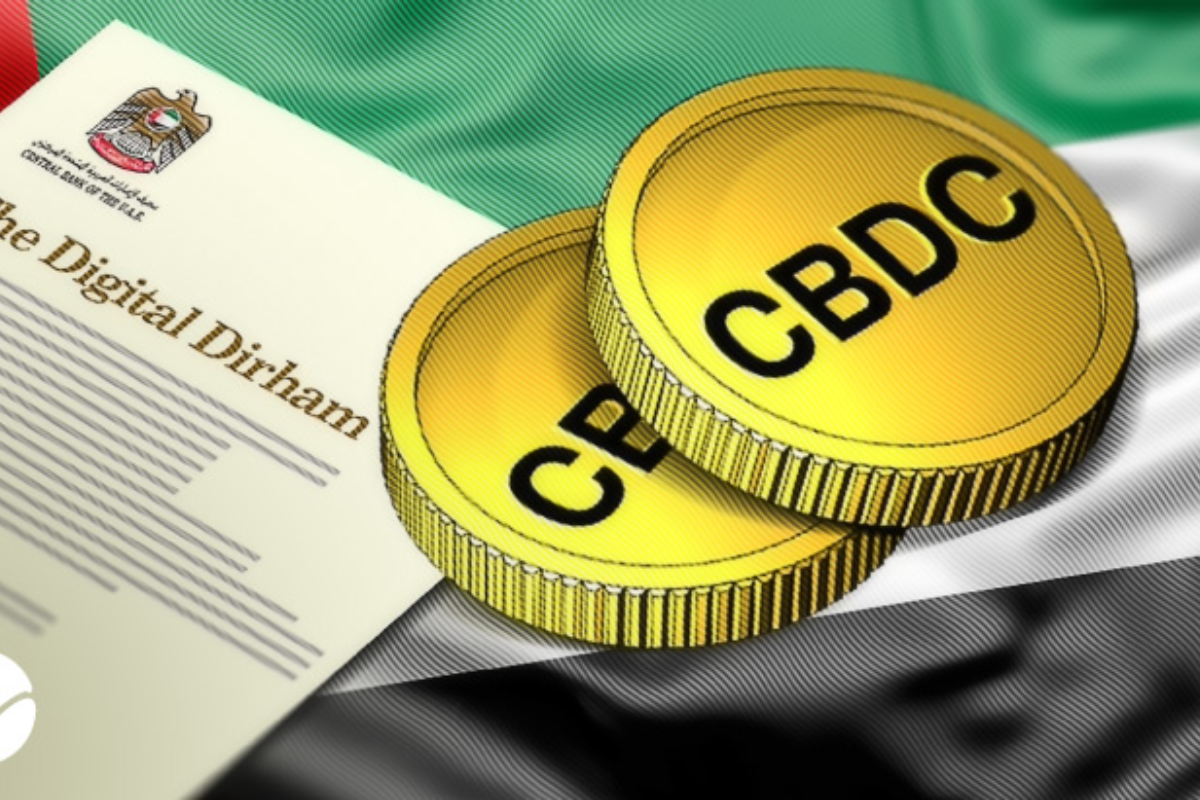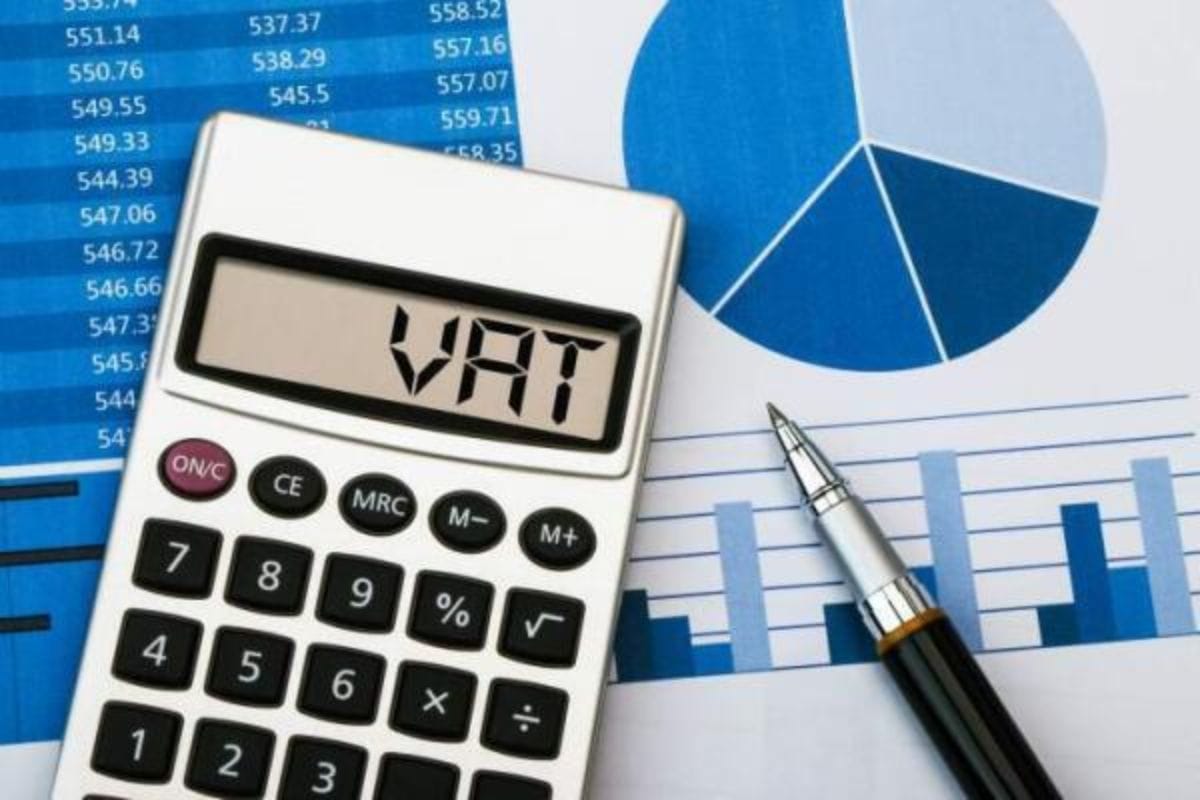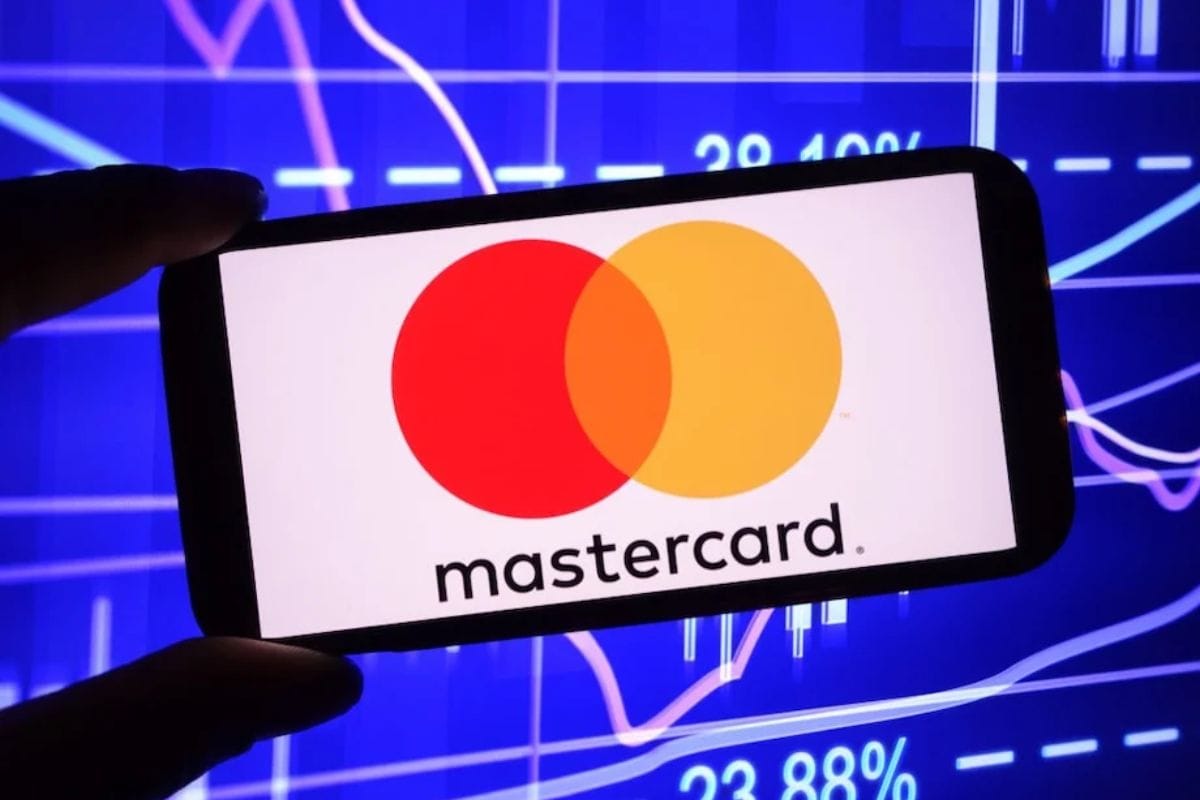Dubai has long been at the forefront of financial innovation, and as digital currencies reshape the global banking landscape, the city is taking bold steps to stay ahead. With the rise of cryptocurrencies, blockchain technology, and Central Bank Digital Currencies (CBDCs), the traditional banking system is undergoing a transformation. The UAE has been particularly proactive in exploring digital currency solutions, launching initiatives like the Digital Dirham and participating in international projects such as mBridge, which aims to facilitate real-time cross-border payments using CBDCs.
Beyond government-backed initiatives, Dubai’s financial institutions are also embracing digital assets. In 2024, Standard Chartered began offering digital asset custody services in the UAE, signaling growing confidence in the sector. Meanwhile, regulations surrounding digital finance continue to evolve, balancing innovation with security to create a safe and efficient financial ecosystem.
With Dubai’s commitment to becoming a global leader in digital banking and blockchain technology, the question arises: Will digital currencies fully replace traditional banking, or will they integrate alongside existing financial systems?
In this article, we explore the future of banking in Dubai, the rise of digital currencies, and the potential for a complete financial transformation.
The Current Banking System in Dubai

Dubai's banking sector is undergoing a significant transformation, blending its robust traditional foundations with rapid digital advancements.
Overview of Traditional Banks in Dubai
Dubai's financial sector is anchored by several key institutions:
- Emirates NBD: Established in 1963, it stands as one of the Middle East's largest banking groups.
- Dubai Islamic Bank: Founded in 1975, it is recognized as the world's first full-service Islamic bank.
- Mashreq Bank: Established in 1967, it holds the title of the UAE's oldest privately owned bank.
Collectively, the UAE's banking sector boasts assets exceeding $1 trillion, underscoring its pivotal role in the regional economy.
The Shift Toward Digital Banking
The UAE is at the forefront of digital banking in the Middle East, experiencing a compound annual growth rate (CAGR) of 8.7% between 2021 and 2023. Projections indicate continued growth at a CAGR of 4.8% from 2024 to 2029, aiming for a market volume of $175.7 billion by 2029.
This surge is driven by consumer demand for convenience and technological integration. A recent survey highlighted that 89% of UAE respondents possess digital-first accounts, with 76% banking with UAE-based digital providers.
Government Initiatives Pushing for a Cashless and Digitally-Driven Economy
The UAE government is actively promoting a cashless society. The "Dubai Cashless Strategy" aims for 90% of all transactions to be digital by 2026, potentially boosting economic growth by over AED 8 billion annually through fintech innovations.
Additionally, the Central Bank of the UAE has unveiled a nine-pronged "Financial Infrastructure Transformation Programme," which includes the issuance of a Central Bank Digital Currency (CBDC) and the launch of an instant payments platform, further accelerating the nation's digital payment landscape.
The Rise of Digital Currencies

Digital currencies are increasingly shaping the future of finance, offering an alternative to traditional banking systems. These currencies are entirely digital and exist in different forms, primarily cryptocurrencies and Central Bank Digital Currencies (CBDCs). While both operate in a digital format, their structures, purposes, and regulatory frameworks differ significantly.
Cryptocurrencies vs. Central Bank Digital Currencies (CBDCs)
Cryptocurrencies, such as Bitcoin and Ethereum, are decentralized assets that operate on blockchain technology without any central authority controlling them. Their value is determined by market demand and supply, making them highly volatile. Bitcoin, for example, has experienced drastic price fluctuations, sometimes soaring to record highs before experiencing significant drops. The decentralized nature of cryptocurrencies means transactions occur directly between users without the need for banks or intermediaries, which increases financial autonomy but also introduces concerns regarding security, fraud, and regulatory oversight.
In contrast, CBDCs are centralized digital currencies issued and controlled by central banks. Unlike cryptocurrencies, which are prone to extreme price swings, CBDCs maintain a stable value as they are pegged to the country's official fiat currency. This stability makes them a reliable option for everyday transactions and monetary policy implementation. Governments are increasingly exploring CBDCs as a way to modernize payments, enhance financial inclusion, and reduce reliance on cash. While cryptocurrencies challenge traditional banking models by removing intermediaries, CBDCs are designed to work within the existing banking framework, ensuring state control over monetary policies and financial stability.
Global Trends: How Countries Are Exploring Digital Currencies
As digital currencies gain traction, major global economies have begun taking significant steps to explore and implement them. China has been at the forefront of CBDC development with its Digital Yuan (e-CNY). The government has been testing this digital currency across multiple cities, integrating it into everyday transactions such as public transportation and retail payments. The goal of the Digital Yuan is to provide an alternative to cash while also giving the Chinese government greater control over monetary flows. The country has also restricted the use of decentralized cryptocurrencies like Bitcoin, signaling its preference for a government-controlled digital economy.
Similarly, the European Union is pushing forward with its plans for a Digital Euro. The European Central Bank (ECB) has been working on regulations and technical aspects to launch this digital currency in the near future. Recent political shifts and global financial competition have accelerated discussions around its implementation, with policymakers seeking to ensure that the EU remains competitive in the evolving digital financial landscape.
The United States, however, has taken a more cautious approach to CBDCs. While the idea of a "Digital Dollar" has been explored, regulatory challenges and concerns over privacy, financial control, and economic stability have slowed down progress. In fact, recent executive orders have prohibited the U.S. government from promoting or establishing a CBDC, highlighting the stark contrast between the U.S. and other global powers in terms of digital currency adoption.
Globally, as of mid-2023, approximately 130 countries, representing 98% of the global economy, have been researching or actively developing digital currencies. Nearly half of these nations are already in advanced development stages, signaling a growing consensus that digital currencies will play a crucial role in the future of finance. Some countries are prioritizing CBDCs, while others are exploring the integration of private cryptocurrencies into regulated financial ecosystems.
The UAE’s Fintech-Savvy Population and the Surge in Digital Payments
The United Arab Emirates (UAE) has rapidly emerged as a leader in digital payments, thanks to a combination of strong government support, cutting-edge technological adoption, and a fintech-savvy population. The country's financial sector has undergone a remarkable transformation in recent years, with traditional banks and emerging fintech companies driving the shift toward a cashless economy.
A key factor fueling this transition is the growth of financial technology (fintech) companies in the UAE. As of 2024, there are 329 active fintech firms operating in the country, representing a 128.5% increase from 2021. This expansion has been driven by government incentives, regulatory support, and the increasing demand for digital financial services. With more fintech startups entering the market, consumers in the UAE now have access to a variety of innovative digital banking solutions, including mobile banking apps, e-wallets, and blockchain-based financial services.
The demand for digital transactions has also been growing at a rapid pace. A recent study by Visa found that 23% of all transactions in the UAE still involve cash, meaning that while digital payments are dominant, there is still room for further integration. The same study suggests that by 2026, a significant portion of cash transactions will likely be replaced by digital alternatives as more consumers shift to online banking and cashless payments.
Government initiatives have played a crucial role in accelerating the shift toward digital payments. The Dubai Cashless Strategy, for example, aims to ensure that 90% of all transactions in Dubai are digital by 2026. If successful, this initiative could boost the UAE’s economy by over AED 8 billion annually through enhanced financial efficiency and innovation in fintech. The UAE Central Bank has also launched its Financial Infrastructure Transformation Programme, which includes the introduction of a Central Bank Digital Currency (CBDC) and an instant payments platform designed to facilitate faster and more secure digital transactions.
With a government that actively promotes fintech innovation and a tech-savvy population that readily adopts digital solutions, the UAE is positioning itself as a global leader in digital finance. The rise of digital currencies, combined with the UAE’s push for a fully cashless economy, suggests that the country will continue to play a significant role in shaping the future of banking in the region and beyond.
Dubai’s Digital Currency Initiatives

Dubai is at the forefront of financial innovation, actively embracing digital currencies and advanced technologies to enhance its financial ecosystem.
The Digital Dirham: UAE's Move Toward a National Digital Currency
In March 2023, the Central Bank of the United Arab Emirates (CBUAE) initiated the implementation of its Central Bank Digital Currency (CBDC) strategy, known as the Digital Dirham. This initiative aims to address challenges in both domestic and cross-border payments, enhance financial inclusion, and drive the nation's digital transformation.
A significant milestone was achieved in January 2024 when the CBUAE successfully conducted its first cross-border CBDC transaction. The transfer involved 50 million dirhams (approximately $13.6 million) to China, facilitated through the mBridge platform—a collaborative project among multiple central banks to explore CBDC use in international settlements.
The Role of Blockchain and AI in Financial Transactions
Blockchain technology and artificial intelligence (AI) are integral to Dubai's financial innovation. Blockchain offers a decentralized ledger system, ensuring transparency and security in transactions, while AI enhances data analysis, risk assessment, and customer service.
In the fintech sector, companies like Lulu Exchange utilize AI-driven solutions to optimize cross-border money transfers and currency exchange services. Their platform employs AI-enabled bots to facilitate wallet-enabled transfers, bill payments, and various payment methods, thereby enhancing efficiency and user experience.
Additionally, the convergence of AI and decentralized finance (DeFi) is gaining momentum. Innovative firms are developing AI-powered platforms that leverage blockchain technology to offer advanced financial services, such as automated investment strategies and risk management tools, further transforming the financial landscape.
Attracting Fintech Startups and Global Crypto Players
Dubai's progressive regulatory environment and strategic initiatives have made it a magnet for fintech startups and global cryptocurrency enterprises. The city's commitment to fostering innovation is evident in its support for emerging technologies and the establishment of frameworks that encourage growth in the fintech sector.
The UAE's first dirham-backed stablecoin, AE Coin, received initial approval from the Central Bank of the UAE in October 2024. This stablecoin, fully backed by the UAE dirham, aims to provide users with the speed of blockchain technology combined with the security of traditional currency, simplifying secure payments and contributing to the nation's digital economy.
Furthermore, Dubai's appeal to global crypto players is underscored by significant partnerships, such as the $1 billion deal between Dubai-based DAMAC Group and blockchain platform MANTRA. This collaboration focuses on tokenizing real estate assets in the Middle East, reflecting the city's openness to integrating blockchain solutions into various industries.
How Banks Are Adapting to This Transformation

Dubai's banking sector is undergoing a significant transformation, with major institutions embracing digital innovation to meet evolving customer expectations and stay competitive.
Major Banks Leading Digital Innovation
Emirates NBD has been at the forefront of this digital shift. In 2019, the bank announced a $1 billion investment in digital innovation, focusing on artificial intelligence (AI), blockchain, and cloud computing. This substantial investment underscores the bank's commitment to integrating advanced technologies into its operations.
Similarly, Mashreq Bank has adopted a "fintech-first" approach, collaborating with fintech startups to enhance its digital payments, lending, and wealth management services. This strategy has enabled Mashreq to offer innovative solutions tailored to the needs of a digitally savvy clientele.
First Abu Dhabi Bank (FAB), the largest bank in the UAE, has also been recognized for its innovative digital banking services. The bank offers a range of digital solutions to enhance customer experience and streamline banking operations.
The Rise of Neo-Banks and Online-Only Financial Services
The UAE has witnessed the emergence of neo-banks—digital-only banks without physical branches—that cater to the tech-savvy population seeking seamless online banking experiences.
Liv, launched by Emirates NBD, is a prominent neo-bank in the Gulf region. It provides personal banking services entirely through its mobile application, allowing users to manage their finances independently.
Mashreq Neo, introduced by Mashreq Bank, offers a comprehensive suite of banking services through its mobile platform. Customers can efficiently manage their accounts, access personal loans, and utilize various financial products, all via their smartphones.
YAP is another notable neo-bank in the UAE, operating as an independent app without physical branches. In partnership with RAK Bank, YAP has established the first independent digital banking platform in the UAE, focusing on enhancing the digital banking experience.
Integration of Blockchain and Digital Wallets by Traditional Banks
Traditional banks in Dubai are increasingly integrating blockchain technology and digital wallets to enhance transaction security, transparency, and efficiency. Emirates NBD has launched a digital asset platform aimed at enabling and accelerating digital asset and financial services innovation in the UAE.
Standard Chartered has also entered the digital assets space by offering custody services in the UAE. In September 2024, the bank began providing digital asset custody services, with Brevan Howard Digital as its inaugural client. This move highlights the bank's commitment to supporting the growing digital asset ecosystem in the region.
Potential Impacts on Dubai’s Banking Sector
The integration of digital currencies into Dubai's banking sector presents a multifaceted landscape of opportunities and challenges.
Positive Changes
The adoption of digital currencies, particularly Central Bank Digital Currencies (CBDCs), is poised to enhance transaction efficiency within Dubai's banking system. CBDCs can streamline payment processes by reducing intermediaries, leading to faster transaction settlements. This efficiency is especially beneficial for cross-border payments, where traditional methods often involve delays due to multiple correspondent banks and varying operating hours. By leveraging CBDCs, these transactions can be processed more swiftly, enhancing overall economic activity.
In terms of cost reduction, digital currencies offer a promising avenue for decreasing expenses associated with cross-border payments. The current system is often burdened by high fees resulting from complex processing and compliance checks. CBDCs have the potential to address these inefficiencies by providing a more direct and streamlined payment process, thereby significantly cutting transaction costs.
Furthermore, the implementation of CBDCs can foster greater financial inclusion. By lowering transaction costs and simplifying access to financial services, CBDCs can make banking more accessible to underserved populations. This inclusivity is particularly pertinent in regions where traditional banking infrastructure is limited, enabling a broader segment of the population to participate in the formal economy.
Challenges and Risks
Despite these advantages, the transition to digital currencies is not without challenges. Security concerns are paramount, as the digital nature of these currencies makes them susceptible to cyber threats. Ensuring robust cybersecurity measures is essential to protect against hacking attempts and to maintain the integrity of the financial system. The operational burden of implementing and maintaining CBDCs also presents a significant challenge for central banks.
Regulatory hurdles represent another significant challenge. The introduction of CBDCs necessitates comprehensive regulatory frameworks to ensure financial stability and prevent misuse. Developing and enforcing these regulations requires careful consideration to balance innovation with risk management.
Public trust is a critical factor in the successful adoption of digital currencies. Building confidence among the populace to transition from traditional cash to digital forms of currency requires extensive public education and transparent communication about the benefits and security measures associated with digital currencies. Overcoming skepticism and ensuring widespread acceptance are essential for the effective implementation of CBDCs.
Will Digital Currencies Take Over?

Dubai is actively positioning itself as a leader in digital finance, implementing comprehensive strategies to integrate digital currencies and advanced technologies into its banking sector.
Predictions for Dubai’s Banking Sector in the Next 5–10 Years
Industry experts anticipate a significant increase in the adoption of cryptocurrencies for everyday transactions in the UAE. Mohammed Al Hakim, president of Crypto.com, predicts that within the next two years, many business owners, restaurant operators, and high-net-worth individuals will favor cryptocurrency as a payment option.
The UAE's digital banking sector has experienced substantial growth, with a compound annual growth rate (CAGR) of 8.7% over the past two years. Projections indicate a continued CAGR of 4.8% from 2024 to 2029, suggesting sustained expansion in digital banking services.
Will Banks Fully Transition to Digital or Adopt a Hybrid Model?
While digital transformation is a priority, it is anticipated that Dubai's banking sector will adopt a hybrid model, combining traditional banking services with digital innovations. In 2024, 80% of UAE banks prioritized digital transformation, indicating a strong commitment to integrating digital services.
The emergence of neo-banks and online-only financial services is also notable. For instance, Ziina, a UAE-based fintech company, offers a digital wallet facilitating peer-to-peer payments, reflecting the shift towards digital-only financial solutions.
How Dubai Is Positioning Itself as a Leader in Digital Finance
Dubai has launched the "Dubai Cashless Strategy," aiming for cashless transactions to account for 90% of all transactions across both government and private sectors by 2026. This strategy is projected to boost economic growth by more than AED 8 billion annually through the development of innovative financial technology services and the accelerated growth of Dubai’s fintech sector.
The Dubai International Financial Centre (DIFC) has become a hub for financial institutions and fintech companies, offering a supportive regulatory environment and advanced infrastructure. As of 2022, DIFC housed over 3,000 international companies, family businesses, and corporate service providers, highlighting its role in fostering financial innovation.
Dubai is not just adapting to the future of banking—it is defining it. With its relentless pursuit of innovation, strong government backing, and a tech-savvy population, the city is laying the groundwork for what could be the world’s most advanced digital financial ecosystem. While challenges remain, Dubai has never been a city that backs down from ambition.
For businesses, this is an opportunity to streamline operations and expand in a digitally empowered economy. For residents, it means greater convenience, financial inclusion, and a seamless way to manage money. For investors, the landscape is rich with possibilities in fintech, blockchain, and digital assets.
The transition to digital banking is not just about technology—it’s about building a more connected, efficient, and financially inclusive future. And if any city is poised to lead that charge, it’s Dubai. Whether it fully embraces digital-only banking or maintains a hybrid model, one thing is certain: Dubai will continue to shape the future of finance, proving once again that innovation is at the heart of its identity. The question isn’t whether digital banking will take over—it’s how fast Dubai will make it happen.
Also read:

















